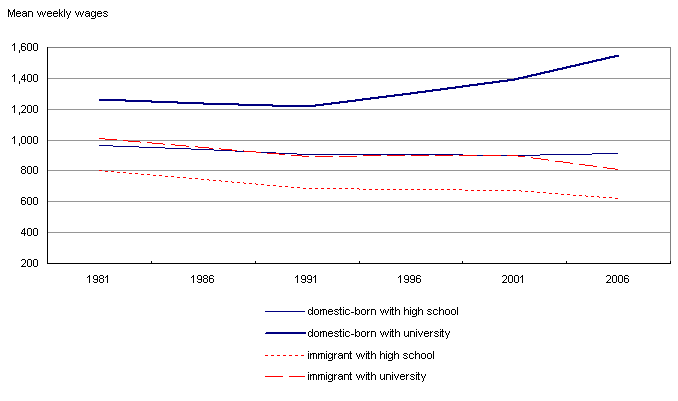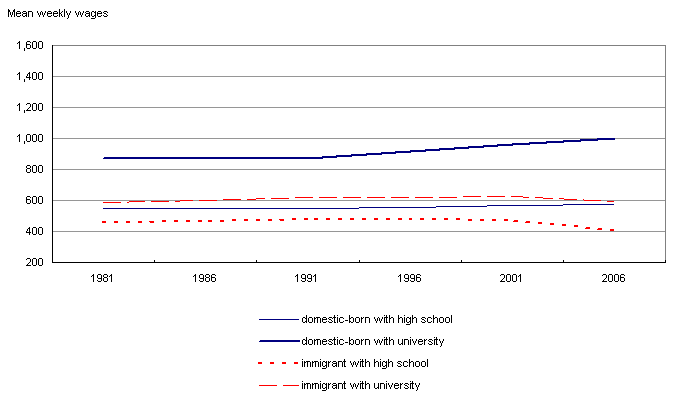College students in Quebec have been protesting for months now about a proposal to gradually increase tuition from $2,168 to $3,793 by 2017. That is, the province is reducing its very substantial university subsidies, and replacing that reduction with higher tuition. The students are not happy, to say the least.
Groups of people wanting government subsidies is of course quite common. Oil companies seem to like them a lot in the United States for instance. However wanting redistribution is quite a different thing from being able to make a good case for why you should receive it. As I have written before about U.S. students, there is not a strong economic justice case to be made on behalf of the students here.
First, let’s consider some background. In 1968, Quebec tuition was set at $540. It was allowed to sit at $540 for 22 years (despite inflation), and in 1990, the government began increasing it. Adjusted for inflation the $540 tuition from 1968 translates to $3,548 in 2012 dollars. If inflation stays on a 2% rate, that figure will be $3,917 in 2017 dollars, the year the hike is done. This means that when adjusted for inflation, the 2017 tuition will actually be lower than the 1968 tuition. Immediately then, it is hard to understand what is so objectionable about the increase. At minimum, it is no less objectionable than the tuition that the students had paid previously, at least for those who grasp the difference between nominal and real prices.
Leaving the inflation adjustment point aside, Canadian college graduates, like American college graduates, benefit from a substantial college wage premium. Consider the following graphs. The first one is a graph of the mean weekly wages of Canadian men, the second is the same graph but for women.


These are wages from 2006, it should be noted. By 2017, they will almost certainly have risen, in nominal terms at least. But let’s just take them for what they are and assume, very conservatively, that they somehow will remain at the 2006 nominal levels. Now, let’s ask ourselves: how many weeks of wage premiums will it take for a Canadian college graduate to pay off the proposed $1625 tuition increase that students are protesting?
Immigrant women and men with college degrees both make around $200/week more than their non-degreed counterparts. Therefore, it would take them a little more than eight weeks to make enough just in wage premiums to pay off this amount. Domestic-born men make around $600/week more than their non-degreed counterparts, meaning it will take them less than three weeks of wage premiums. Finally, domestic-born women make around $400/week in wage premiums, which will allow them to pay off the tuition bump in just over four weeks. After these payback weeks, Canadian graduates will — on average — enjoy anywhere from $10,000 to $30,000 per year in extra income due to their degrees.
I bring this up just to raise the question once again: what exactly is it about student populations that make them compelling targets of redistribution? Some on the left have this unfortunate problem where they fetishize groups and especially aesthetics, and I suspect seeing young students donning radical young people uniforms immediately sends their heart aflutter. But when you actually look at the economic circumstances of students as a group, it is hard to imagine a left-leaning rationale for redistributing money to them as a group, which is what across-the-board tuition subsidies do.
Suppose you had no idea what the identities of the people in the above graphs were (i.e. that some are college graduates and some are not). To whom would you say we should be redistributing money? Generally speaking, my eye darts to the lower lines, not the higher ones. College is something that only some people attend, and those who do so almost always reap far more benefits from doing so than the cost of attendance. Using general tax revenues that everyone pays into — including relatively poorer people who never go to college — in order to redistribute money to college students is just really difficult to defend on economic justice grounds.